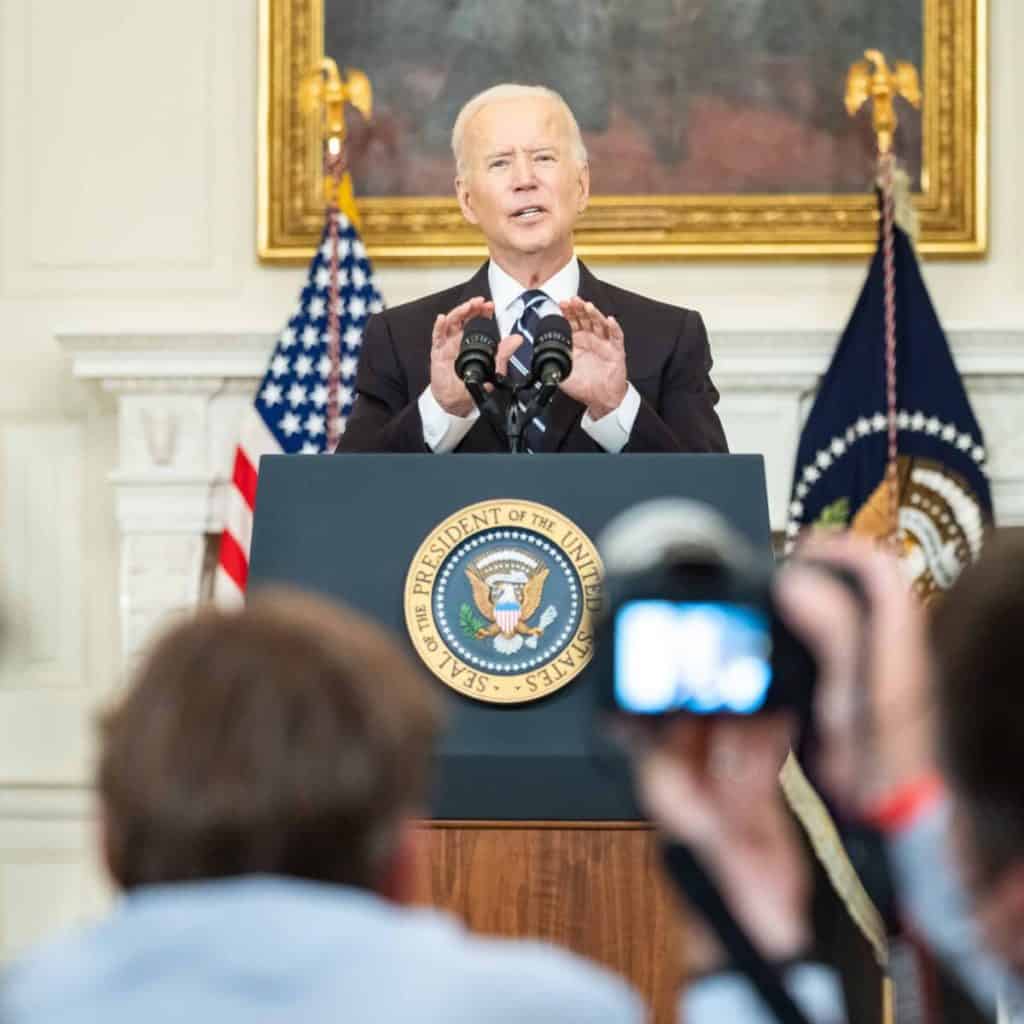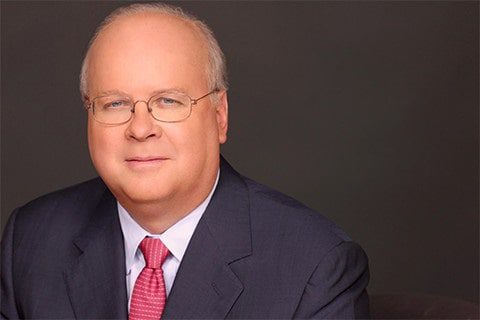
Op-Ed first published in the Wall Street Journal
Opinion
By Karl Rove
There was no grand ceremony on a battleship, no general handing over his sword as a band played “The World Turned Upside Down,” no signing of a document in a simple country house witnessed by a victor in a mud-splattered uniform. Nonetheless, what we saw last week was an unconditional surrender by President Joe Biden to the demands of his party’s left wing. He’ll set the bipartisan infrastructure bill aside until Sen. Bernie Sanders ’ $5.5 trillion welfare state expansion is signed into law. (The usual estimate of $3.5 trillion assumes its programs will be allowed to expire, which they won’t.)
Mr. Biden’s capitulation was utterly unnecessary. He vanquished the Democratic left in the 2020 South Carolina primary, with 49% to Mr. Sanders’s 20% and won a majority of the convention delegates by June 5, even before the last eight states and three territories held primaries.
Mr. Biden went on to win the general election by promising to heal America’s “soul,” not by advancing a radical agenda. He kept it simple: President Trump had bungled the response to Covid; Mr. Biden said he’d get it right and, in the process, make Washington normal again.
Yes, there were more than 100 pages of policy recommendations negotiated by Biden and Sanders supporters in July. But while lauding their work and praising party unity, Mr. Biden’s campaign pointedly said they’d be “reviewing” the suggestions.
So why cave now? It can’t be because of electoral politics. Henry Olsen of the Ethics and Public Policy Center made the point Monday that, despite winning independent voters by double digits in November, Mr. Biden is underwater by 13 points with independents, 52% of whom disapprove of his performance. If Mr. Sanders’s proposals were so popular, this wouldn’t be the case among independents, who will decide the 2022 midterms.
The White House has bought the democratic socialist line that America will cheer the $5.5 trillion bill’s passage, because it polls well when the proposals are framed as abstractions with no costs. But voters don’t consider sections of legislation in a vacuum or by slogans only. As with the Affordable Care Act, they’ll reach their conclusions after examining the bill’s pluses and minuses, with their views influenced by their own attitudes and values. There’s the problem for Democrats: Mr. Sanders’s mega-spending bill strikes many voters as too radical, too expensive, and being sold on slick promises too good to trust.
After nearly five decades in Washington, Mr. Biden must understand that a president can enact big changes only when he has substantial margins in Congress and at least some bipartisan support. Mr. Biden doesn’t have either. So why does he persist?
There are three possible explanations. The first is that the Democratic establishment is spent. After the presidencies of Bill Clinton and Barack Obama and the defeat of Hillary Clinton, the traditional leadership of Democrats may have run out of ideas, energy and self-confidence.
This failure of nerve and imagination has left extremists in charge. Mr. Biden is like the French politician during the Revolution of 1848, who, perhaps apocryphally, said: “There go my people. I must find out where they are going so I can lead them.” The president is bowing to what he believes is inevitable—a party led by Mr. Sanders and the Squad, with him as the frontman. If you aren’t sure where this will end, look at what Jeremy Corbyn’s rise did to the British Labour Party.
Op-Ed by Mr. Rove courtesy of rove.com

Karl Rove served as Senior Advisor to President George W. Bush from 2000–2007 and Deputy Chief of Staff from 2004–2007. At the White House he oversaw the Offices of Strategic Initiatives, Political Affairs, Public Liaison, and Intergovernmental Affairs and was Deputy Chief of Staff for Policy, coordinating the White House policy-making process.
Mr. Rove has been described by respected author and columnist Michael Barone in U.S. News & World Report as “…unique…no Presidential appointee has ever had such a strong influence on politics and policy, and none is likely to do so again anytime soon.” Washington Post columnist David Broder has called Mr. Rove a master political strategist whose “game has always been long term…and he plays it with an intensity and attention to detail that few can match.” Fred Barnes, executive editor of The Weekly Standard, has called Mr. Rove “the greatest political mind of his generation and probably of any generation. He knows history, understands the moods of the public, and is a visionary on matters of public policy.”
Before Mr. Rove became known as “The Architect” of President Bush’s 2000 and 2004 campaigns, he was president of Karl Rove + Company, an Austin-based public affairs firm that worked for Republican candidates, non-partisan causes, and non-profit groups. His clients included over 75 Republican U.S. Senate, Congressional, and gubernatorial candidates in 24 states, as well as the Moderate Party of Sweden.

